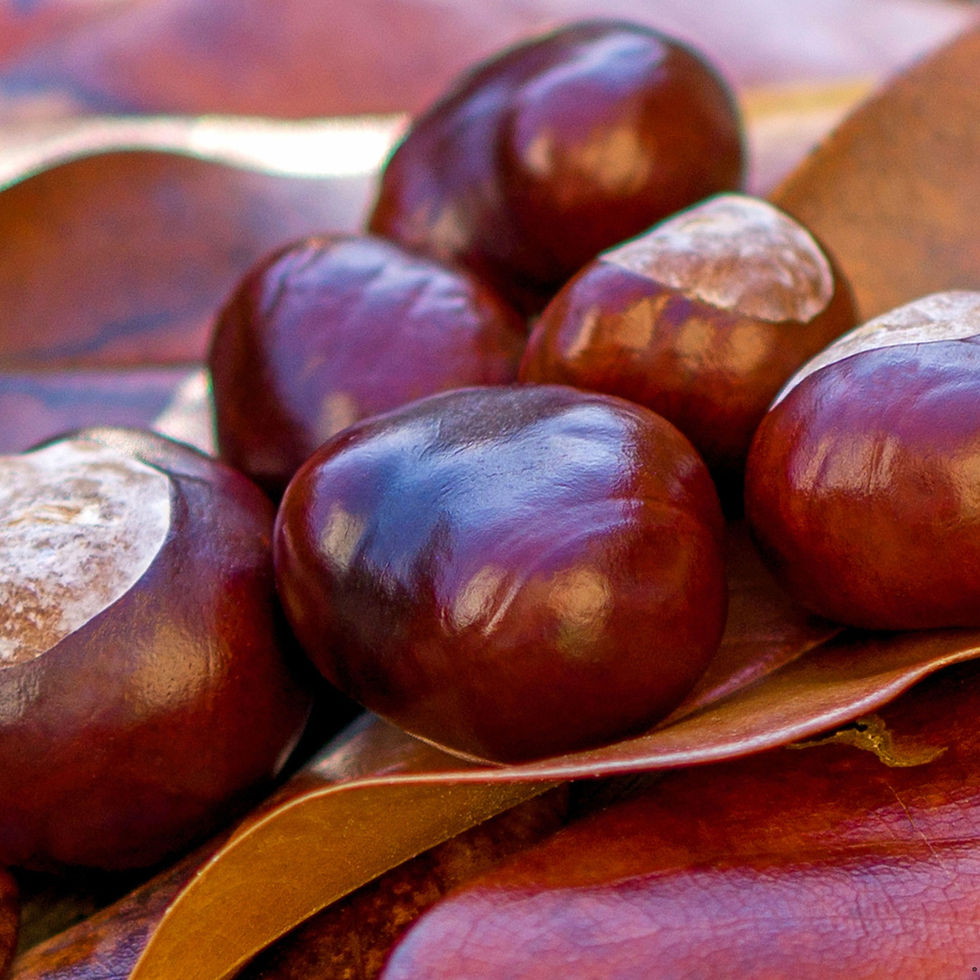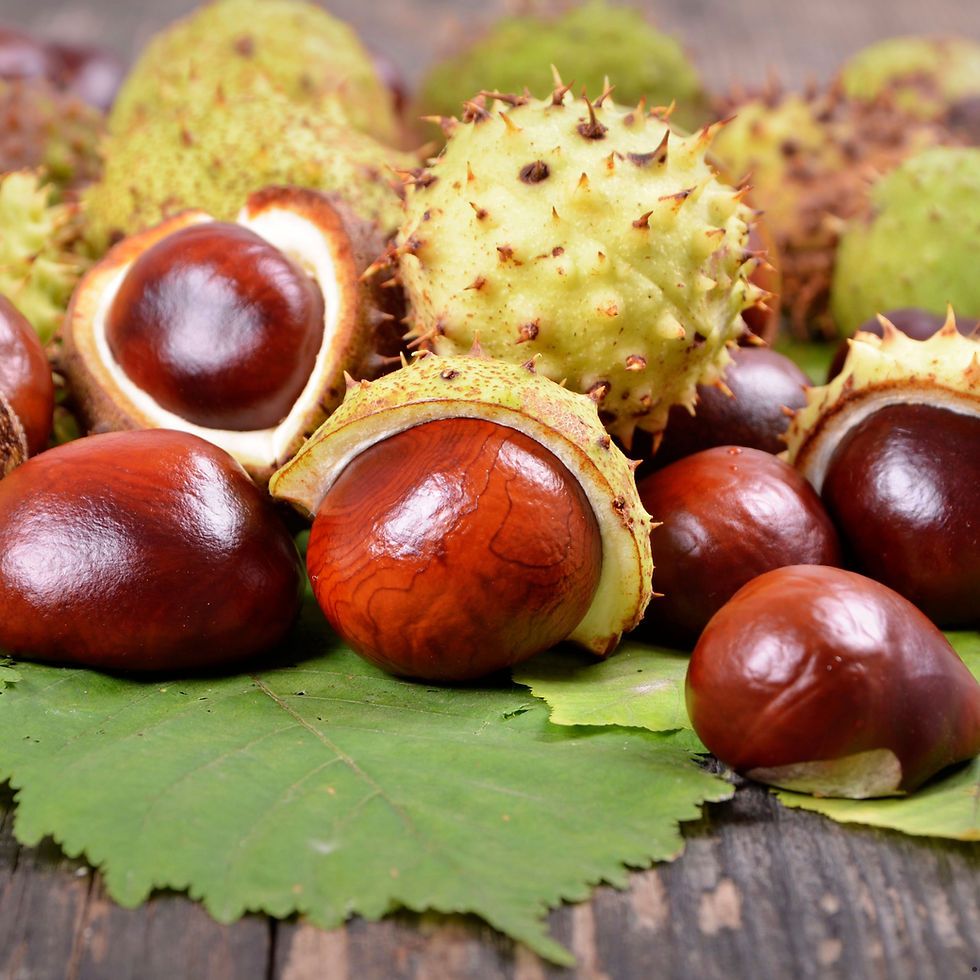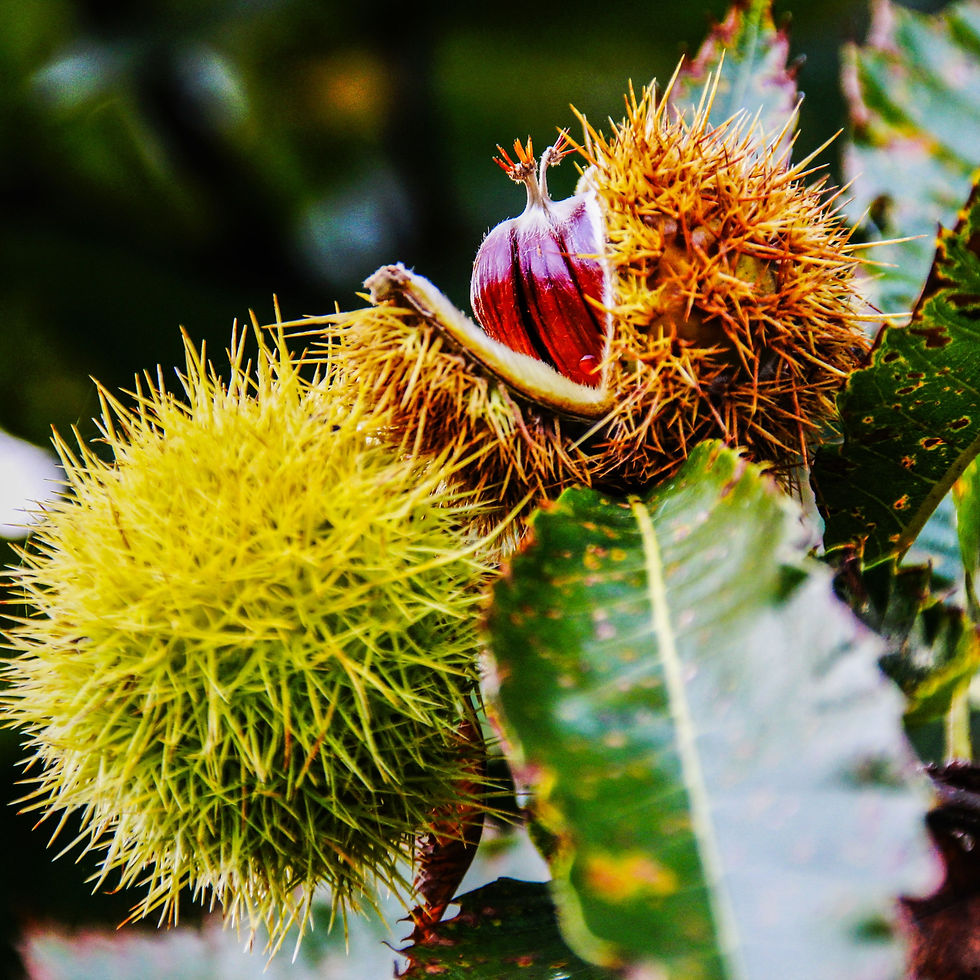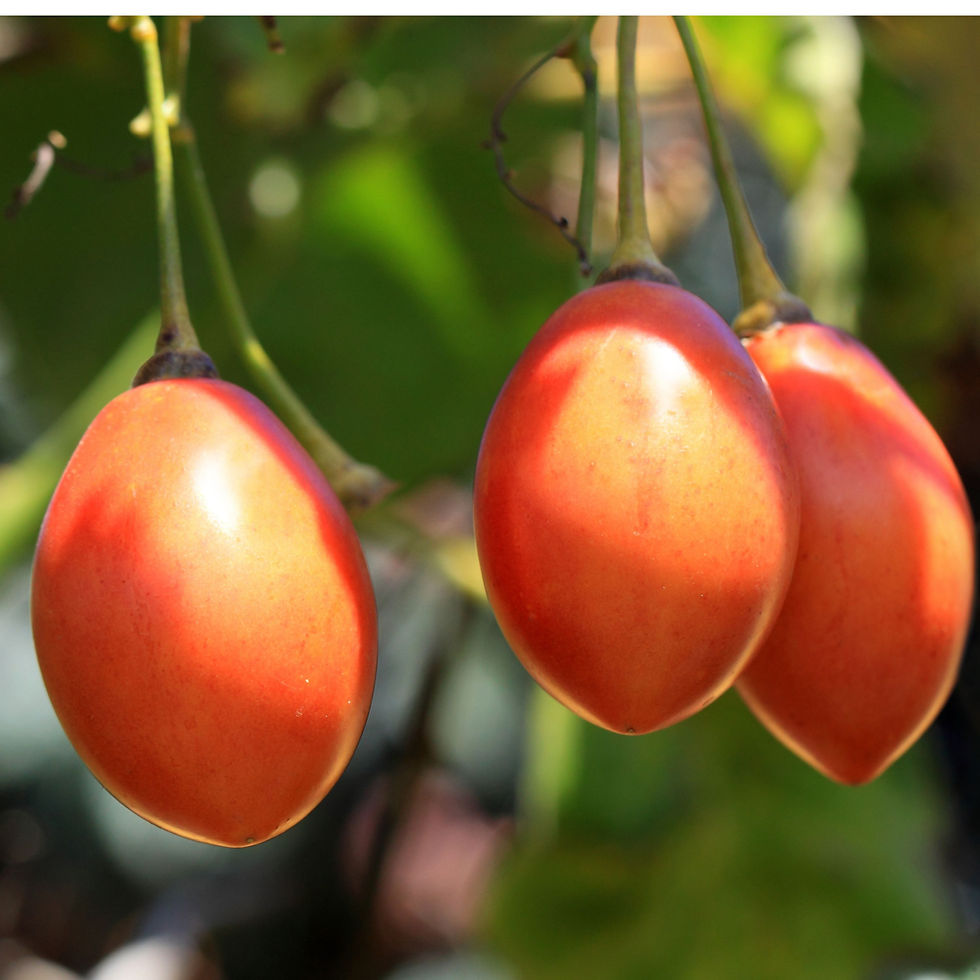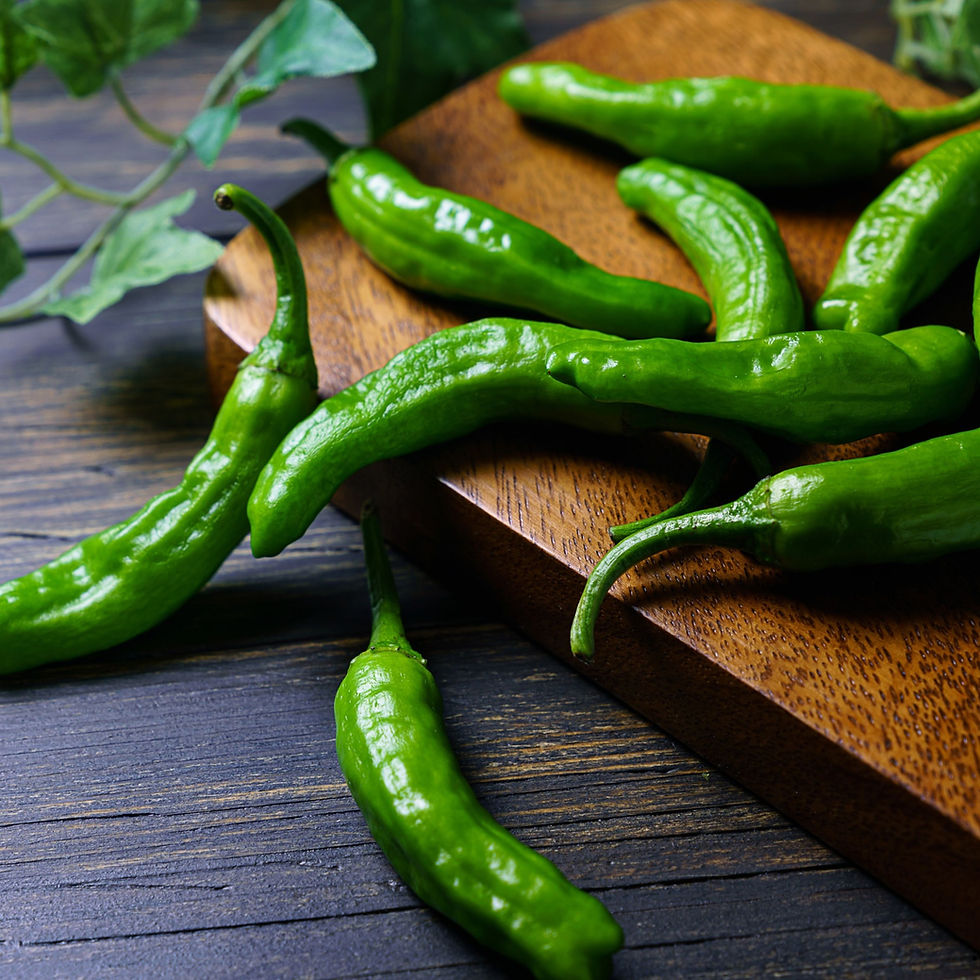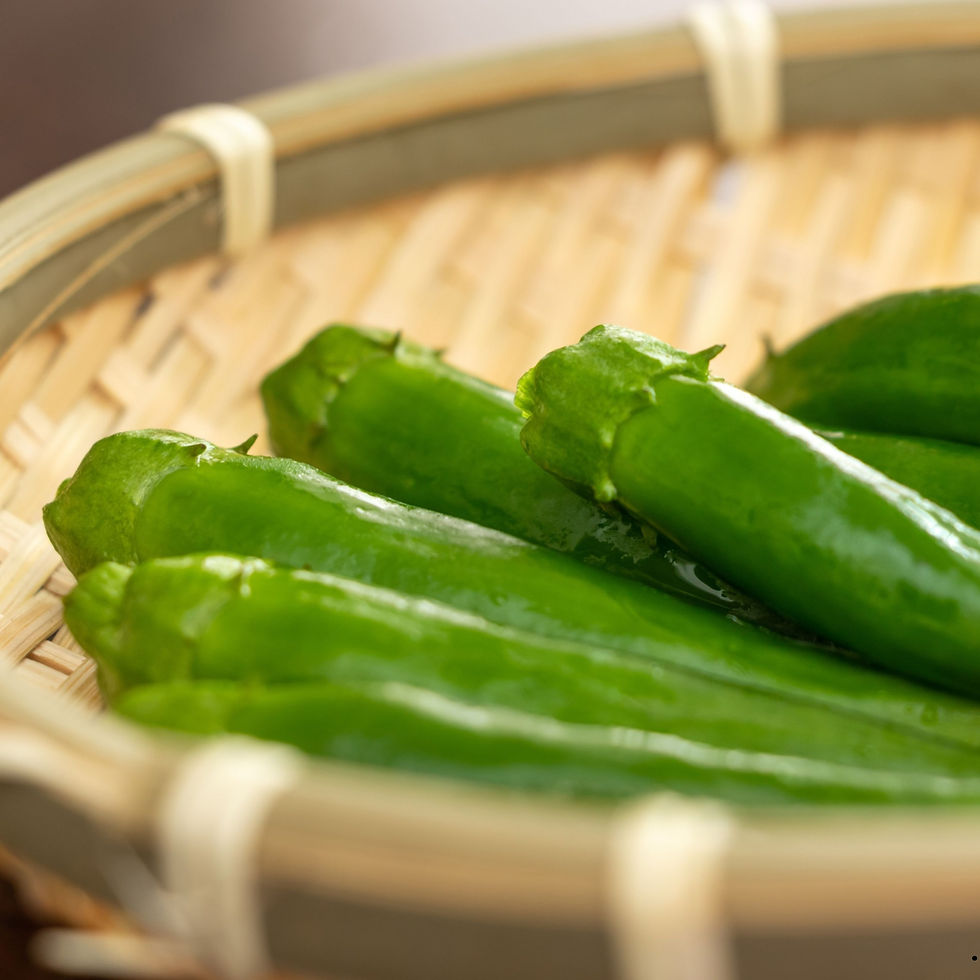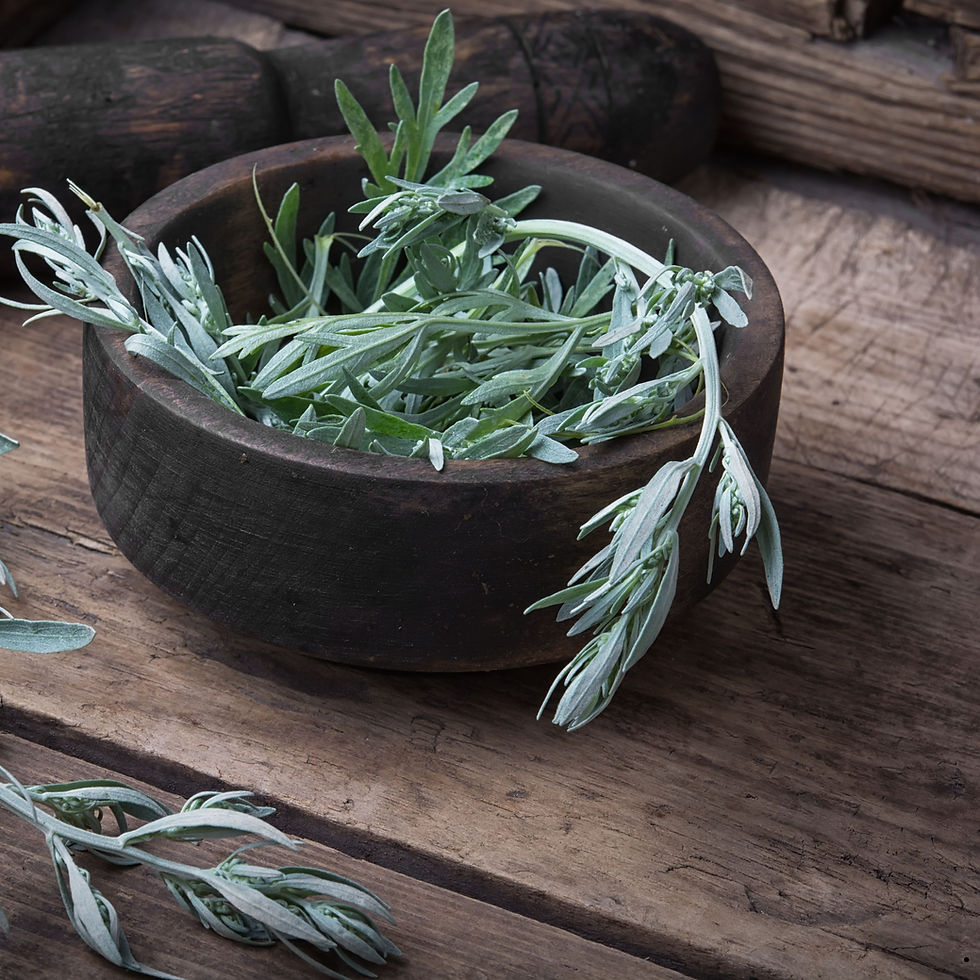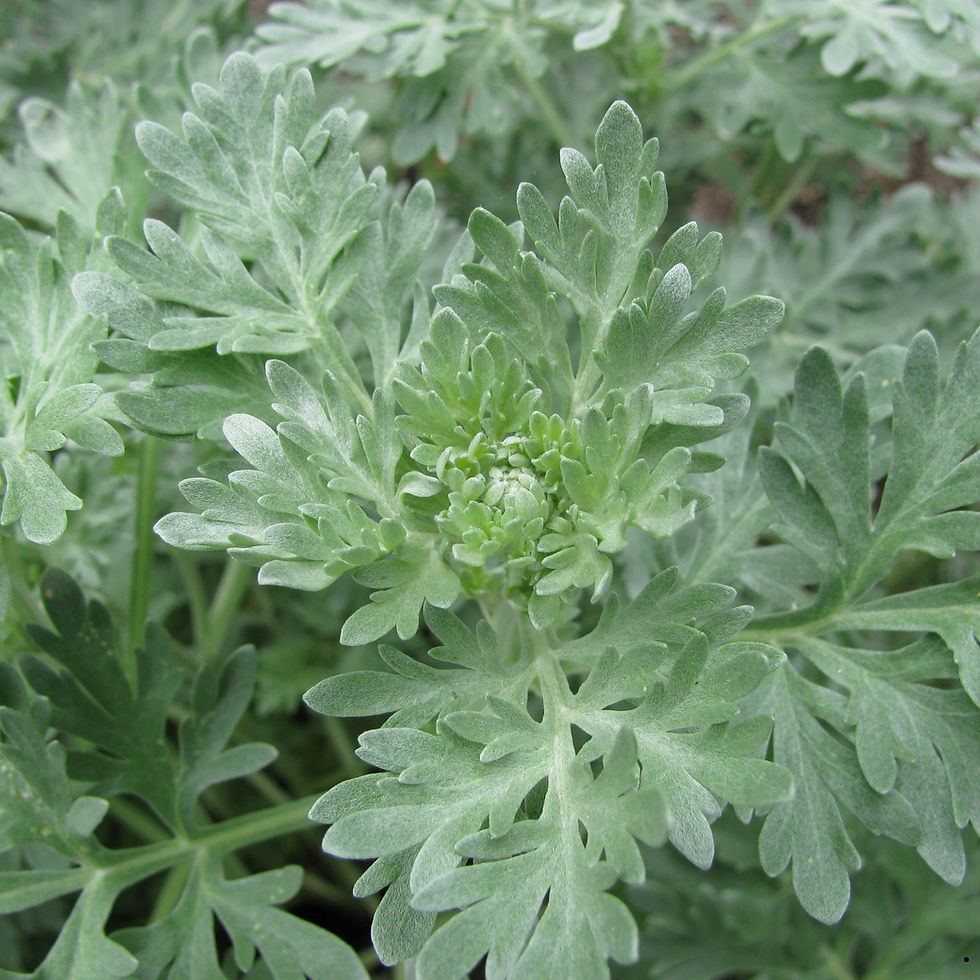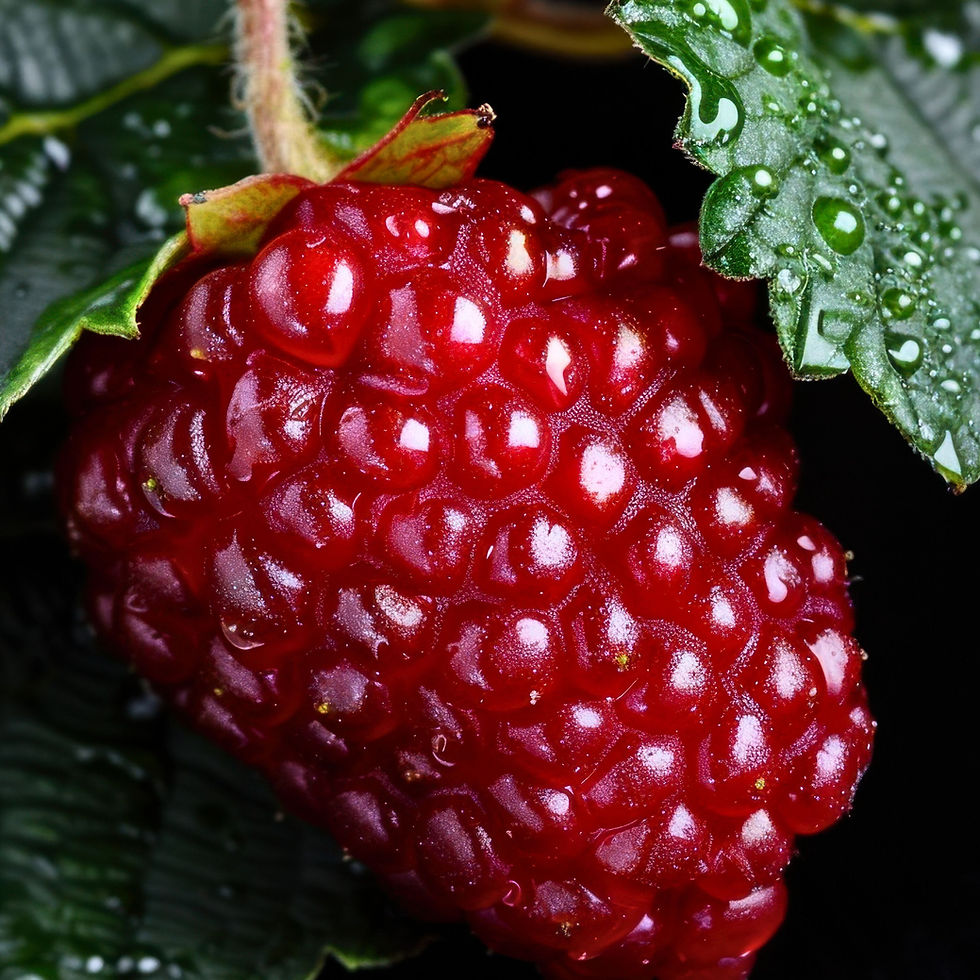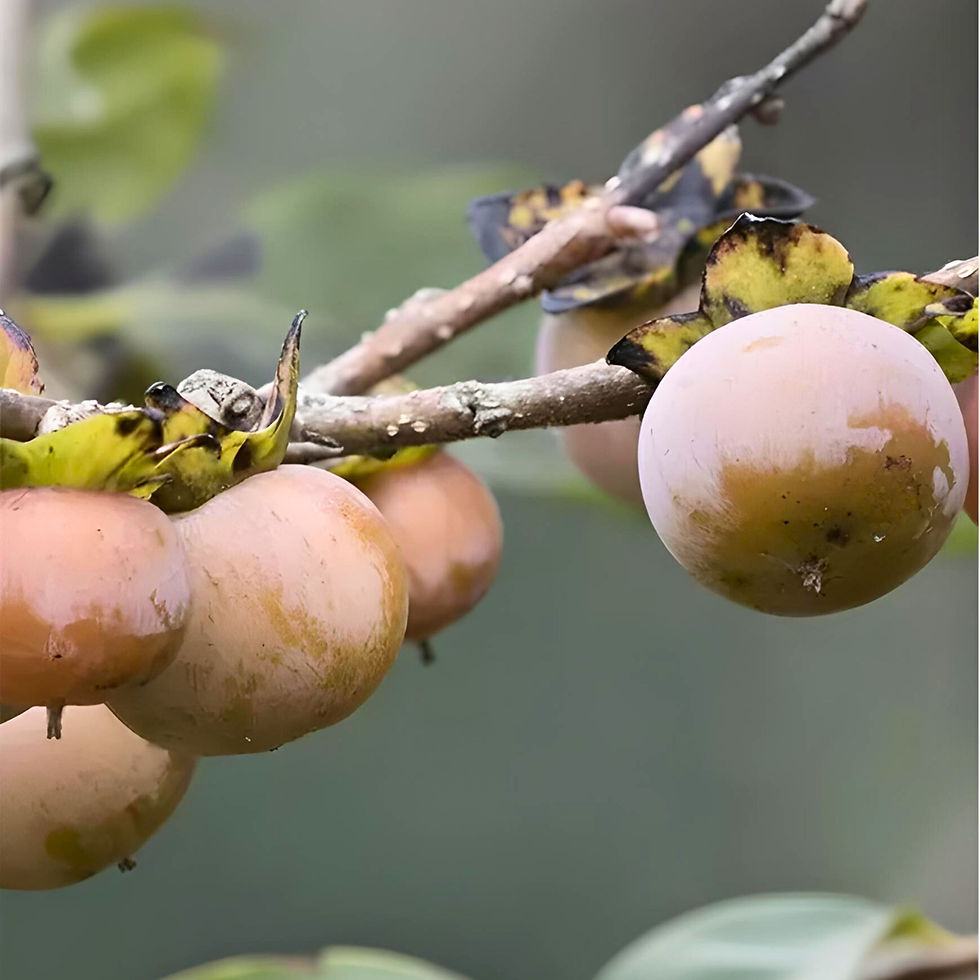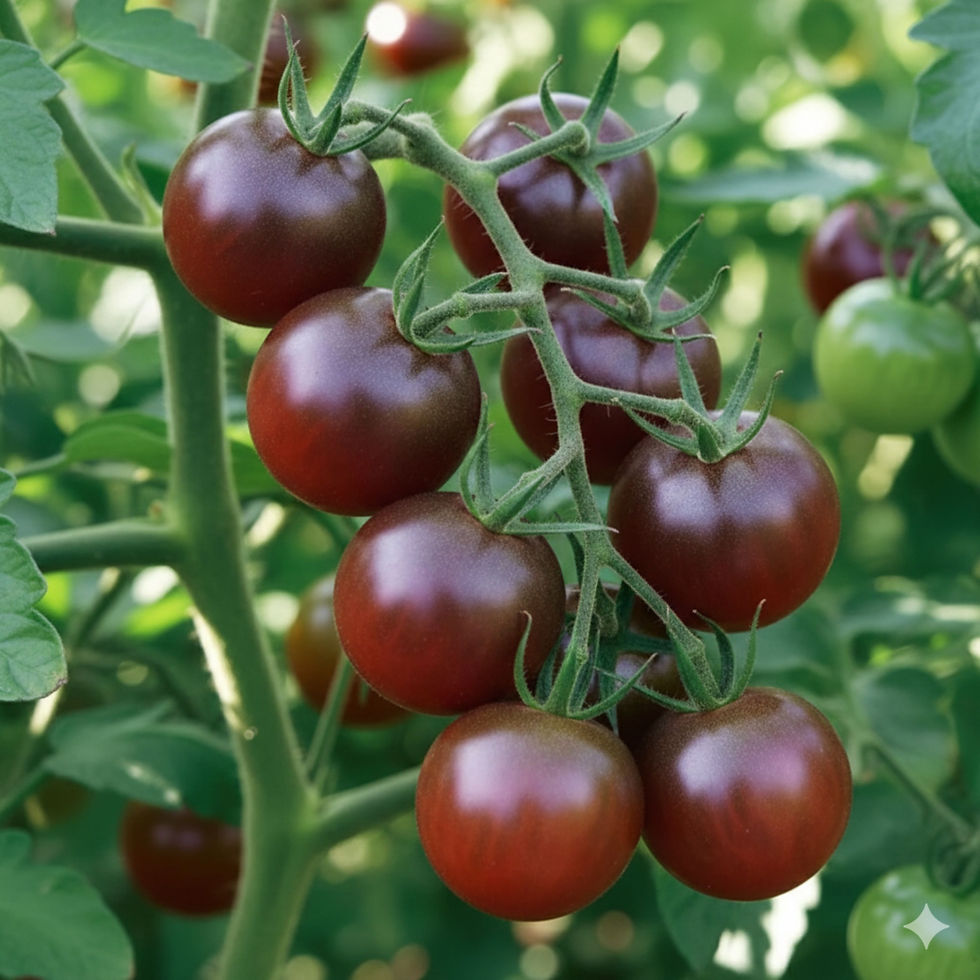Romaine Lettuce seed mix
This masterful fusion of three distinctive specialty romaine lettuces that are bound to elevate your gardening and culinary experience. This tri-colored slow-bolting medley has captured the hearts of gardeners and food enthusiasts alike, and for good reason.
The Romaine Lettuce seed mix is a visual masterpiece, boasting a captivating trio of colors that paint your garden with nature's vibrant brushstrokes. From the lush, verdant green to the deep, passionate red and the regal, bronzed hues, this blend transforms your garden into a colorful oasis. With each leaf as unique as a work of art, it adds a touch of elegance to your garden landscape and infuses your culinary creations with an enticing spectrum of colors.
These romaine lettuces are not just stunning; they're also tough and tenacious. Their vigorous growth is the result of careful breeding and expert cultivation. Whether you're an experienced gardener or a novice, you can count on the RomaineLettuce Seed mix to thrive under your care. These lettuces are adaptable to various growing conditions and climates, ensuring a bountiful harvest that fills your garden with vitality.
Beyond their aesthetic appeal and hearty growth, the Romaine Lettuce Seed Mix is celebrated for its exceptional taste. Each romaine variety brings a unique flavor profile to the table, combining sweet, crisp, and subtly peppery notes. From gourmet salads to hearty sandwiches, these lettuces will transform your dishes into culinary masterpieces, elevating your meals with garden-fresh, delectable flavors.
Seed count: Approx. 250
Lactuca sativa











